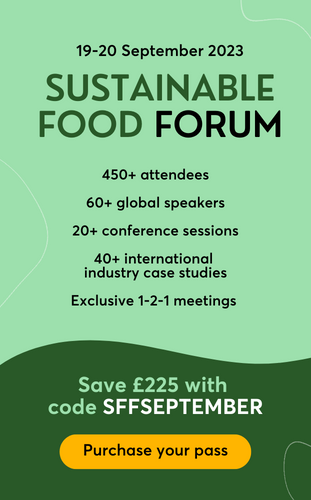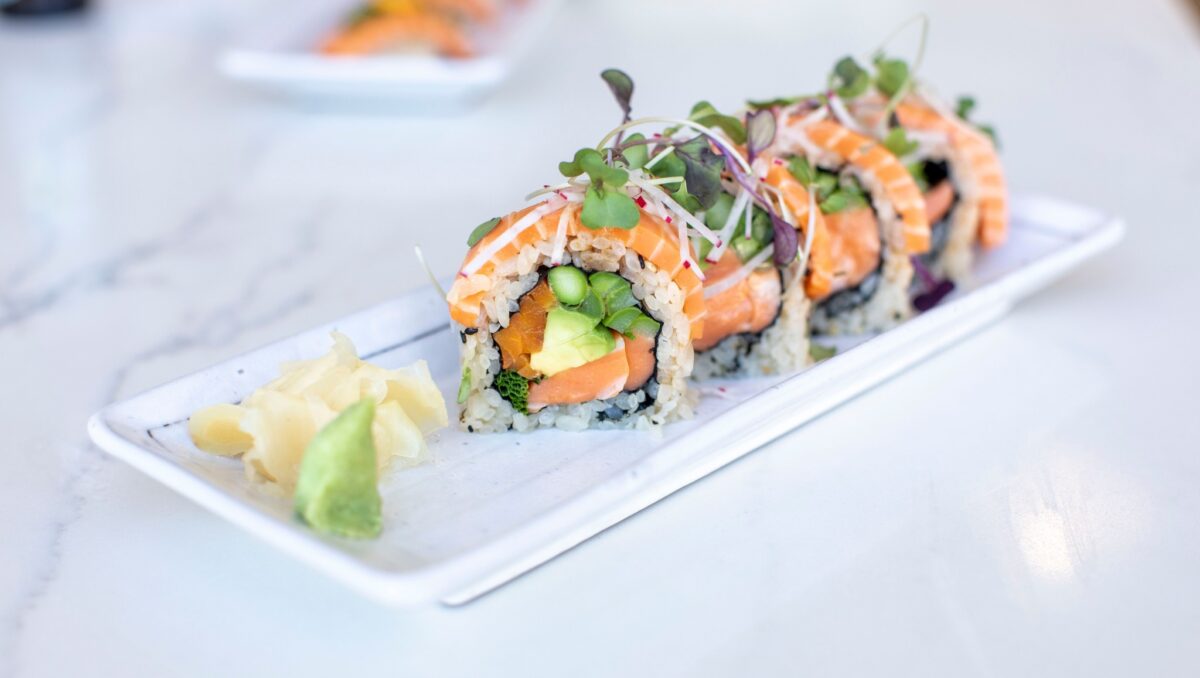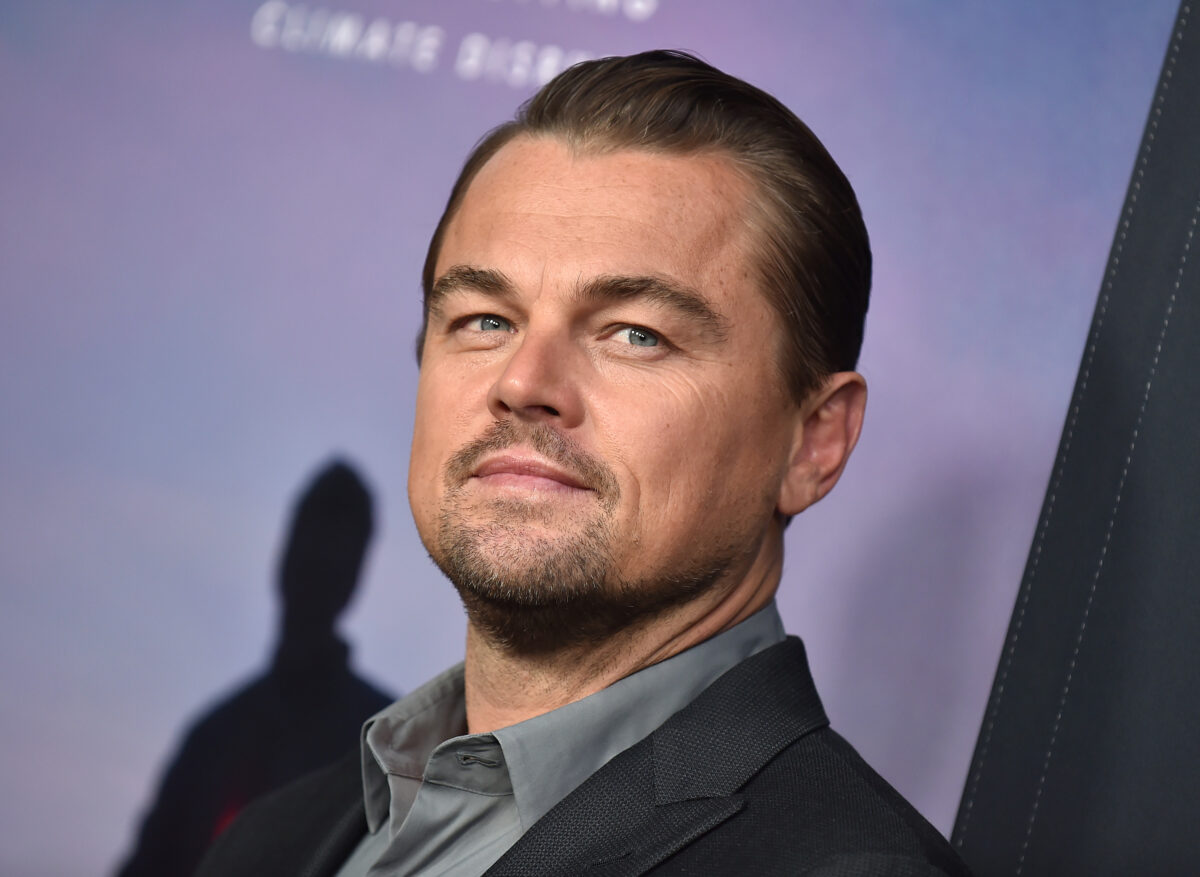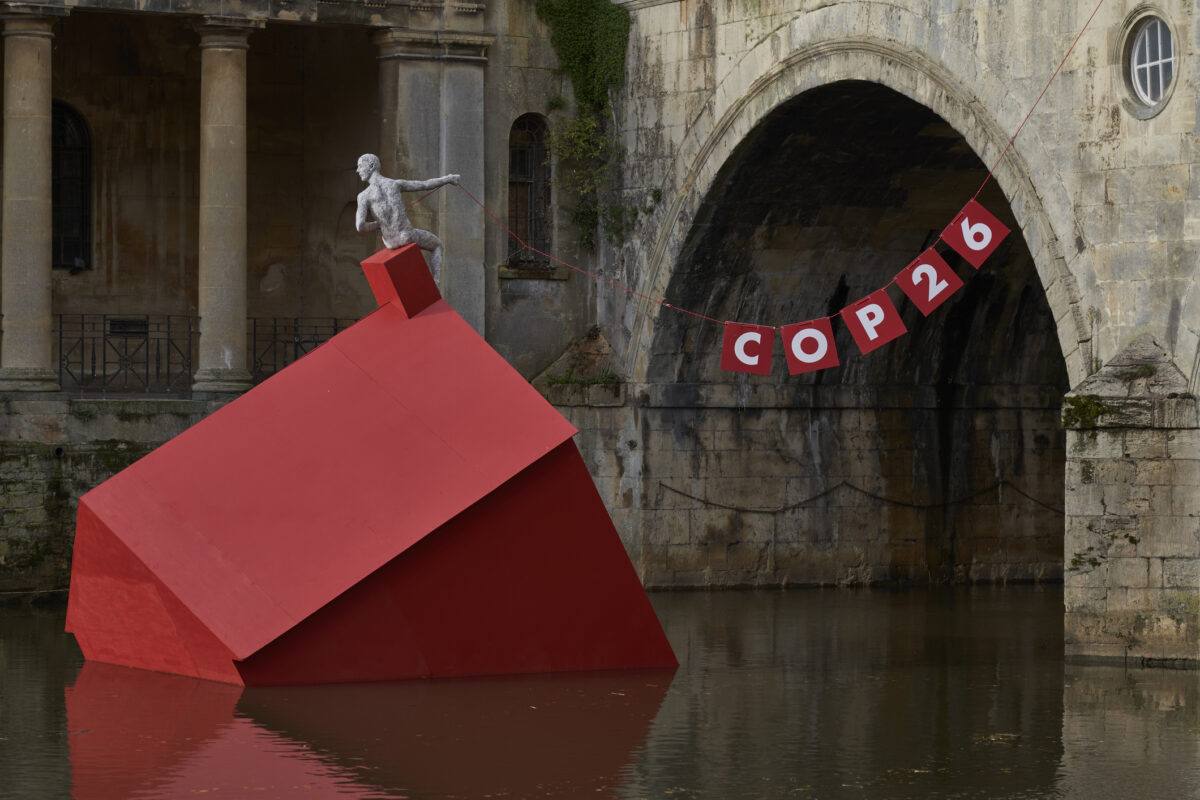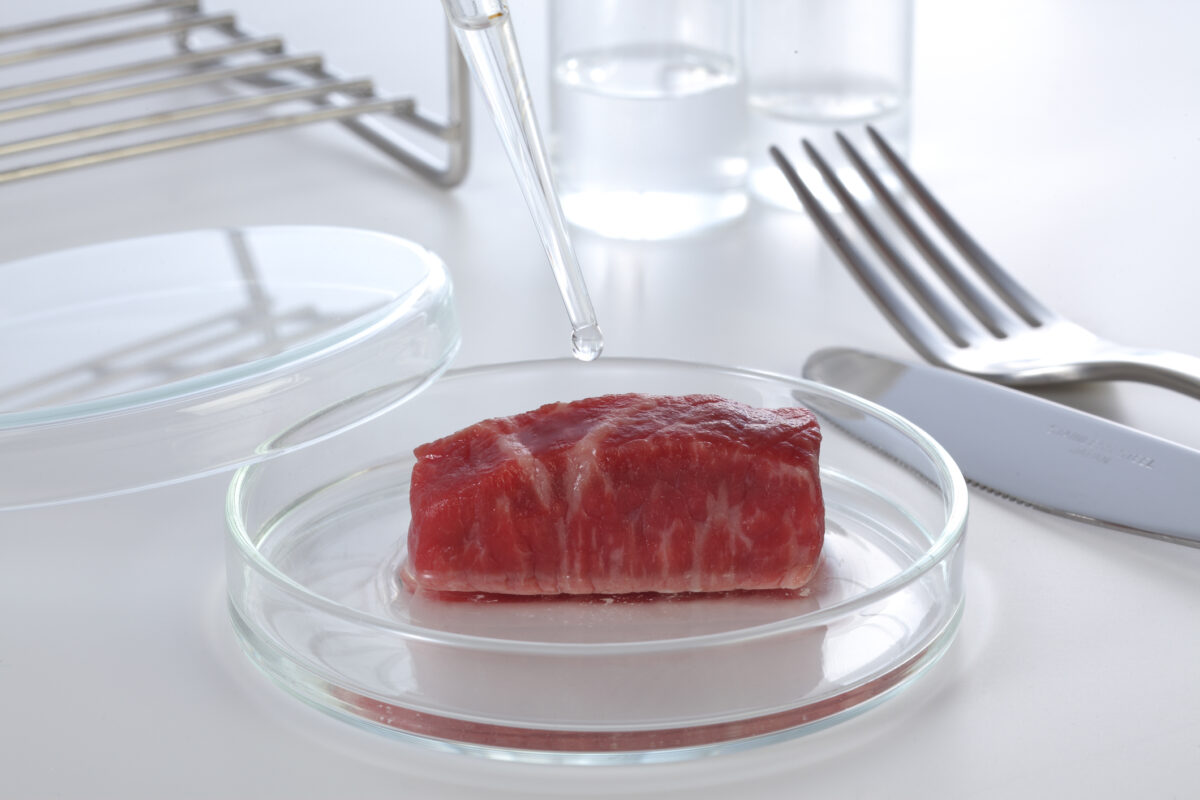Cultivated salmon start-up Wildtype raises $100M in funding with investment from Leonardo DiCaprio, Jeff Bezos and Robert Downey Jr.

Image courtesy of Wildtype
San-Francisco start-up Wildtype, which makes sushi-grade salmon from cultivated fish cells, has secured $100M in its latest Series B funding round, the biggest amount raised in a round by a lab-grown seafood company.
Since its launch in 2016, the start-up has raised over $120M in funding.
Contributing investors include L Catterton, a consumer growth investment fund, Temasek, S2G Ventures Oceans and Seafood Fund, food producer Cargill, Amazon’s founder Jeff Bezos’s Bezos Expeditions, as well as American actor Leonardo DiCaprio, Iron Man star Robert Downey Jr.’s environmental research group FootPrint Coalition, renowned chefs and famous names in the world of sport.
DiCaprio, an outspoken environmentalist, is also an investor in lab-grown meat start-up Mosa Meat, and last September joined its board as an advisor.
“Wild fish populations are threatened more than ever before,” said The Titanic actor “Wildtype is the clear leader in cultivated seafood, which will give us the chance to protect our oceans while creating the cleanest seafood on the planet. Wildtype will surely transform our food system with its incredible salmon.”
Bezos is also a keen investor in food companies creating meat alternatives. Through his company he’s invested in Impossible Foods, Beyond Meat, and the Chilean company NotCo. He is also the founder of the Bezos Earth Fund, which pledged to invest $1bn towards land restoration and developing sustainable food systems at the COP26 summit.
Other existing investors who contributed to Wildtype’s Series B round include Spark Capital and CRV.
Wildtype’s goal is to produce and market sustainable cultivated salmon which is free of mercury, microplastics, antibiotics and any other contaminants.
The company’s product is created by isolating cells from Coho salmon living in the northern Pacific coast. These cells are cultivated to produce the eco-friendly alternative to traditional seafood.
CEO and Co-Founder Justin Kolbeck said: “This investment provides us with the capital necessary to dramatically expand our production capabilities to match the rapid growth in awareness and demand for cultivated seafood.
“Whether you are looking for mercury and microplastic-free seafood options, or trying to eat more sustainably, we want Wildtype seafood to be accessible to as many people as possible. The enthusiastic support from our high-caliber group of investors will help us achieve this.”
Wildtype Co-Founder Ary Elfenbein added: “This capital raise will allow us to deliver on the promise of cultivated seafood: protection of our oceans with a truly sustainable, nutritious, and contaminant-free source of seafood. Wildtype’s scaled-up production systems will also enable us to bring an unprecedented level of transparency and traceability to the salmon supply chain. We couldn’t be more excited to expand our existing partnerships and offer healthful seafood that is free of harm to both people and the planet.”
Jon Owsley, a Managing Partner in L Catterton’s Growth Fund commented: “As consumers continue to look for more sustainable seafood options, Wildtype is a brand that stands alone due to its technology and product quality.
“We are on the cusp of a consumer revolution around cultivated proteins, and Wildtype is well-positioned to play a leading role in this transformation, starting with salmon.“
In 2021, Wildtype opened its first operational production plant in San Francisco, where the company has been testing and scaling the production of its cultivated fish, and improving its design, taste and texture. The pilot plant also boasts a tasting room and sushi bar where visitors can sample the lab-grown seafood.
Wildtype Justin Kolbeck told Food Matters Live: “We believe there will always be a place for responsibly farmed or fished animal protein. Cultivated seafood will be another option on future menus, alongside plant-based, and traditional seafood.
“Our vision is to relieve some of the pressure on wild fish stocks, protecting biodiversity in our oceans, seas, and rivers, and ultimately, allowing people in conventional animal husbandry to charge a fair price that accounts for all externalities.”
The start-up is using its recent funding to scale up its production capacity, getting ready to launch its sushi-grade salmon in fine dining restaurants in the US once its pre-market consultation process with the FDA is completed.


